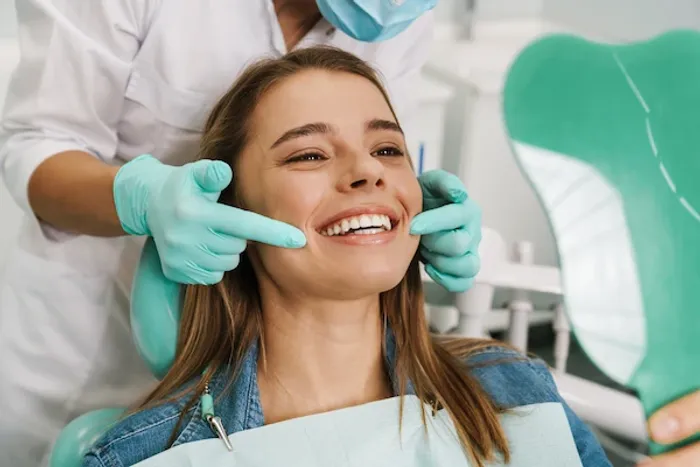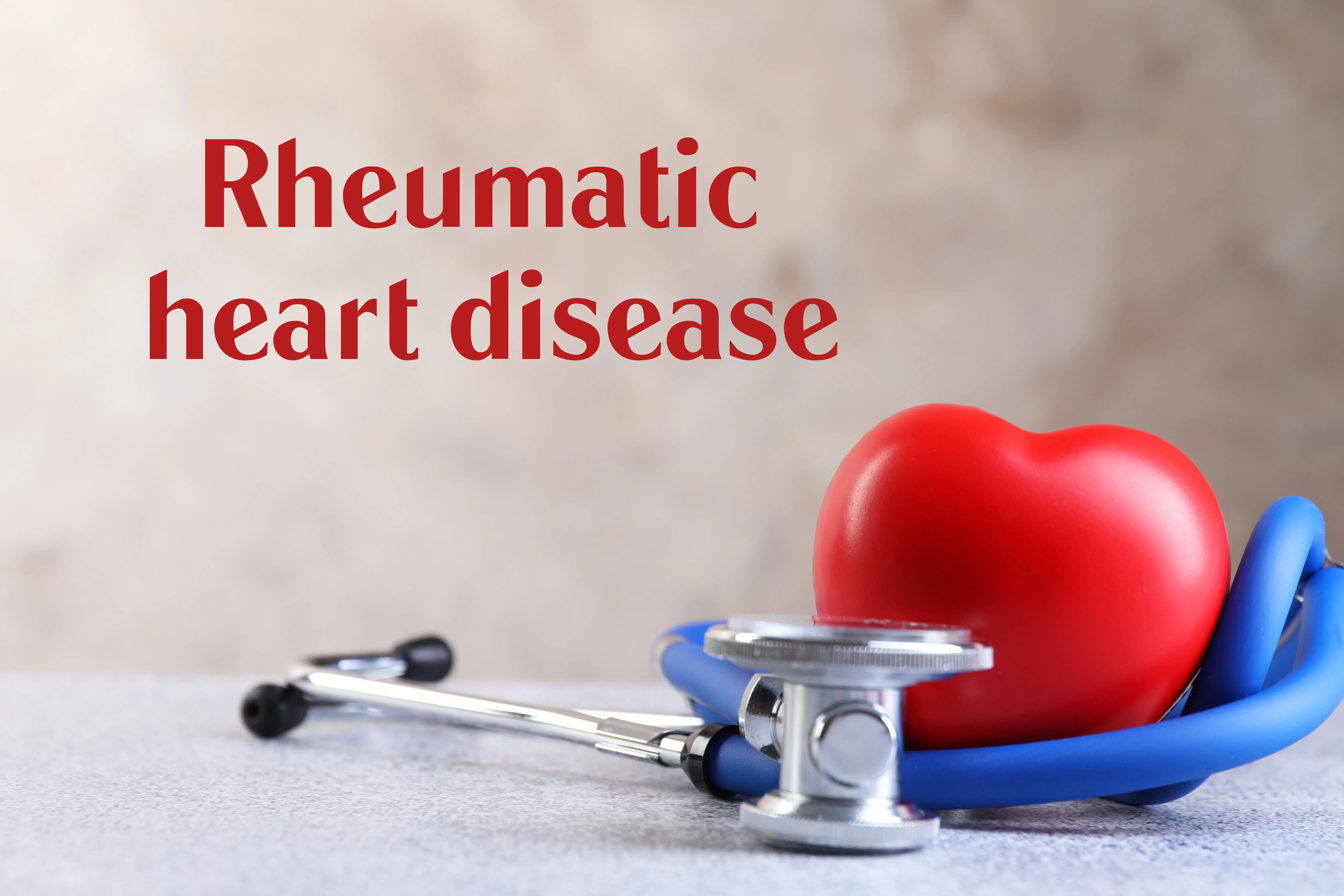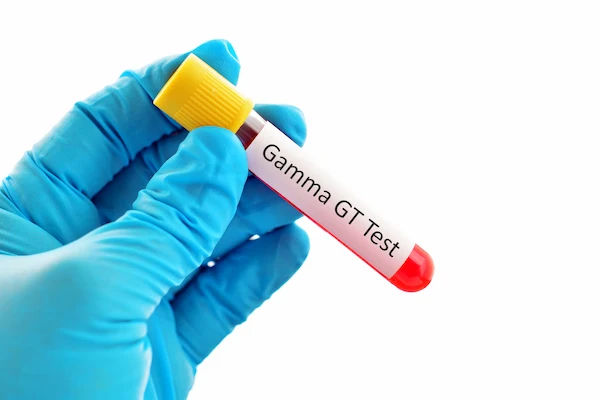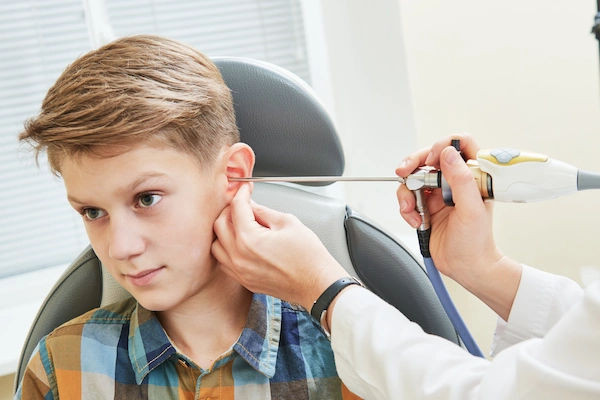Beyond a Smile: How Oral Care Impacts Your Overall Health
Discover essential oral health tips to protect your smile and overall well-being. Learn daily care, diet, and warning signs.


Introduction
We often think of oral health as a separate entity—a routine of brushing and flossing solely aimed at preventing cavities and ensuring a bright smile. However, the truth is far more profound. Your mouth is the gateway to your body, and its health is a powerful, often overlooked, indicator of your overall well-being. Emerging research continues to strengthen the undeniable oral-systemic link, showing that the state of your gums and teeth can significantly influence your risk for serious health conditions, from heart disease to diabetes. This guide goes beyond the basics, offering a comprehensive look at practical oral health tips that do more than just protect your smile; they safeguard your entire body. We will explore the science behind the connection, outline a foolproof daily routine, discuss the role of diet, and highlight when it's crucial to seek professional help, empowering you to take control of your health from the inside out.
More Than Just a Pretty Smile: The Oral-Systemic Health Connection
The Mouth-Body Gateway: How Oral Health Impacts Your Entire System
Your mouth is teeming with bacteria—most of them harmless. However, without proper oral hygiene, these bacteria can reach levels that lead to infections like tooth decay and gum disease. The inflammation associated with a severe form of gum disease (periodontitis) plays a key role. This inflammation allows bacteria and inflammatory markers to enter your bloodstream, traveling to other parts of your body and contributing to systemic issues. Think of your gums as a barrier; when that barrier is compromised due to infection, it opens a direct pathway for problems to spread.
Specific Health Conditions Linked to Poor Oral Hygiene
The evidence connecting oral health to overall health is compelling:
- Cardiovascular Disease: Research suggests that heart disease, clogged arteries, and stroke might be linked to the inflammation and infections that oral bacteria can cause.
- Diabetes: The relationship is a two-way street. Diabetes reduces the body's resistance to infection, putting gums at risk. Conversely, gum disease can make it more difficult to control blood sugar, worsening diabetes.
- Respiratory Infections: Bacteria in the mouth can be pulled into the lungs, causing pneumonia and other respiratory diseases, especially in older adults or those with compromised immune systems.
- Pregnancy Complications: Periodontitis has been linked to premature birth and low birth weight.
Consult a Dentist for the best advice
The Daily Defense: Your Non-Negotiable Oral Hygiene Routine
The Right Way to Brush: Technique Trumps Technology
While a good electric toothbrush can be effective, proper technique is paramount whether you use manual or electric. To ensure maximum effectiveness, keep these essential tips in mind:
Frequency & Duration: Brush twice a day for two minutes each time.
Angle & Motion: Hold your brush at a 45-degree angle to your gums. Use gentle, short back-and-forth strokes, covering all surfaces: outer, inner, and chewing.
Don't Forget: Brush your tongue to remove bacteria and freshen breath.
The Power of the Thread: Why Flossing Isn't Optional
Brushing alone cannot clean about 40% of your tooth surfaces. Flossing removes plaque and food particles from between teeth and under the gumline—areas your brush can't reach. If you find traditional floss difficult, water flossers or interdental brushes are excellent alternatives.
Choosing Your Arsenal: Toothpaste, Mouthwash, and Tools
To maintain optimal oral health, it’s important to use the right products and tools. Here’s what to keep in mind:
- Toothpaste: Always choose a toothpaste with fluoride. Fluoride is a champion in the fight against decay, helping to rebuild weakened tooth enamel and reverse early signs of cavities.
- Mouthwash: Therapeutic mouthwashes can help reduce plaque, gingivitis, and bad breath. Cosmetic mouthwashes only temporarily mask odor.
- Tools: A soft-bristled brush is best to avoid enamel wear and gum recession. Replace your toothbrush or head every 3-4 months.
Fuel for a Healthy Mouth: Dietary Choices for Strong Teeth & Gums
Foods to Embrace: Calcium, Phosphorus, and Vitamin C
What you eat directly affects the health of your teeth. Include these nutrient-rich options in your diet:
- Calcium-Rich Foods: Cheese, milk, plain yogurt, and leafy greens strengthen tooth enamel.
- Phosphorus: Found in eggs, fish, and lean meat, it helps repair and maintain tooth structure.
- Vitamin C: Crucial for gum health and preventing inflammation. Citrus fruits, bell peppers, and broccoli are great sources.
- Crunchy Fruits & Vegetables: Apples, carrots, and celery help clean teeth and stimulate saliva production, your mouth's natural defense against acid.
Foods to Limit: Sugar, Acid, and Starch
Sugar is the primary food source for harmful bacteria in your mouth, which produce acids that erode enamel. Be mindful of the following:
- Limit sugary drinks (soda, juice) and sticky, sugary snacks.
- Avoid acidic foods like citrus and vinegar, as they can erode enamel.
- Be cautious with starchy foods like bread and chips, which can get stuck in teeth and break down into sugar.
Beyond Brushing: Habits and Professional Care for Lifelong Health
The Critical Role of Regular Dental Check-ups and Cleanings
Even the most diligent brusher and flosser needs professional care. Dentists can spot early signs of decay, gum disease, and even oral cancer that you might miss. A professional cleaning is the only way to remove hardened tartar (calculus). If you notice persistent bleeding, pain, or sensitivity, it's crucial to consult a dentist. For convenient access to expert advice, you can consult a doctor online with Apollo24|7 to discuss your symptoms and get guidance on the next steps.
Harmful Habits to Break: Smoking, Tobacco, and Nail-Biting
Tobacco use in any form is one of the most significant risk factors for gum disease and oral cancer. It also delays healing after dental procedures. Habits like nail-biting or using your teeth as tools can chip teeth and impact your jaw.
The Importance of Staying Hydrated
Water is essential for producing saliva, which washes away food particles and neutralises acids produced by bacteria. Drinking fluoridated water also helps prevent tooth decay.
Listening to Your Mouth: Recognising Early Warning Signs
Symptoms You Should Never Ignore
Be alert to these signs of potential dental problems:
- Gums that are red, swollen, tender, or bleed easily.
- Persistent bad breath or a bad taste in your mouth.
- Pain or tooth sensitivity to hot, cold, or sweet things.
- Loose teeth or receding gums.
- Sores, lumps, or patches in your mouth that don't heal within two weeks.
If any of these symptoms persist, it is important to seek a professional evaluation from a dentist.
Conclusion
Your oral health is a critical piece of your overall wellness puzzle, not an isolated concern. By understanding the profound oral-systemic link and implementing these consistent, practical oral health tips, you invest in far more than a confident smile. You take a proactive step toward protecting your heart, managing chronic conditions, and ensuring your body's long-term vitality. Remember, prevention is always simpler and less costly than treatment. Start by integrating one new tip into your routine this week, and build from there. Your body—and your smile—will thank you for years to come.
Consult a Dentist for the best advice
Consult a Dentist for the best advice

Dr. Debarati Deb
Dentist
11 Years • BDS, MDS Oral Medicine and Radiology
Kolkata
Dr. Smile Multispeciality Dental Clinic, Kolkata

Dr. Spandan Daschowdhury
Dentist
2 Years • BDS
Kolkata
MCR SUPER SPECIALITY POLY CLINIC & PATHOLOGY, Kolkata

Dr. Shamit Thaper
Dentist
6 Years • BDS, MDS (Periodontology)
Jaipur
Thaper dental Clinic, Jaipur

Dr. Gourab Paul
Oral and Maxillofacial Surgeon
5 Years • BDS,MDS(ORAL AND MAXILLOFACIAL SURGERY)
Kolkata
SOLACE OF SOULS(SOS) HEALTH CARE, Kolkata
(50+ Patients)

Dr. Usra Shakil
Dentist
8 Years • BDS
New Town
Prime Diagnostic and Polyclinic, New Town
(25+ Patients)
Consult a Dentist for the best advice

Dr. Debarati Deb
Dentist
11 Years • BDS, MDS Oral Medicine and Radiology
Kolkata
Dr. Smile Multispeciality Dental Clinic, Kolkata

Dr. Spandan Daschowdhury
Dentist
2 Years • BDS
Kolkata
MCR SUPER SPECIALITY POLY CLINIC & PATHOLOGY, Kolkata

Dr. Shamit Thaper
Dentist
6 Years • BDS, MDS (Periodontology)
Jaipur
Thaper dental Clinic, Jaipur

Dr. Gourab Paul
Oral and Maxillofacial Surgeon
5 Years • BDS,MDS(ORAL AND MAXILLOFACIAL SURGERY)
Kolkata
SOLACE OF SOULS(SOS) HEALTH CARE, Kolkata
(50+ Patients)

Dr. Usra Shakil
Dentist
8 Years • BDS
New Town
Prime Diagnostic and Polyclinic, New Town
(25+ Patients)
More articles from General Medical Consultation
Frequently Asked Questions
How often should I really replace my toothbrush?
You should replace your toothbrush or electric toothbrush head every 3-4 months, or sooner if the bristles become frayed. Worn-out bristles are less effective at cleaning your teeth properly.
Is an electric toothbrush better than a manual one?
A good electric toothbrush can be more effective at removing plaque for many people, especially those with dexterity issues. However, a manual toothbrush used with proper technique for the full two minutes is also highly effective. The best brush is the one you will use correctly and consistently.
What is the best way to deal with bad breath?
Persistent bad breath (halitosis) is often caused by bacteria on the tongue and between teeth. Maintain a rigorous routine of brushing, flossing, and tongue scraping. Stay hydrated and see your dentist to rule out underlying issues like gum disease.
I have sensitive teeth. What can I do?
Use a toothpaste specifically formulated for sensitive teeth. Avoid brushing too aggressively and wait at least 30 minutes after consuming acidic foods or drinks before brushing, as acid softens enamel. If sensitivity is severe, see your dentist to check for underlying causes like decay or cracked teeth.
Are natural toothpastes without fluoride a good option?
While natural toothpastes can be free of certain chemicals, the American Dental Association (ADA) strongly recommends using fluoride toothpaste due to its proven benefits in preventing cavities and remineralising enamel. If you choose a natural toothpaste, ensure it contains fluoride.




